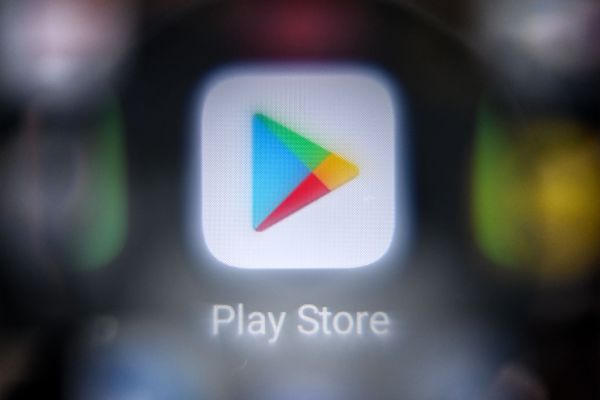Google today is sharing more details about the fees that will accompany its plan to comply with Europe’s new Digital Markets Act (DMA), the new regulation aimed at increasing competition across the app store ecosystem. While Google yesterday pointed to ways it already complied with the DMA — by allowing sideloading of apps, for example — it hadn’t yet shared specifics about the fees that would apply to developers, noting that further details would come out this week.
That time is now, as it turns out.
Today, Google shared that there will be two fees that apply to its External offers program, also announced yesterday. This new program allows Play Store developers to lead their users in the EEA outside their app, including to promote offers.
With these fees, Google is going the route of Apple, which reduced its App Store commissions in the EU to comply with the DMA but implemented a new Core Technology Fee that required developers to pay €0.50 for each first annual install per year over a 1 million threshold for apps distributed outside the App Store. Apple justified the fee by explaining that the services it provides developers extend beyond payment processing and include the work it does to support app creation and discovery, craft APIs, frameworks and tools to support developers’ app creation work, fight fraud and more.
Google is taking a similar tactic, saying today that “Google Play’s service fee has never been simply a fee for payment processing — it reflects the value provided by Android and Play and supports our continued investments across Android and Google Play, allowing for the user and developer features that people count on,” a blog post states.
It says there will now be two fees that accompany External Offers program transactions:
- An initial acquisition fee, which is 10% for in-app purchases or 5% for subscriptions for two years. Google says this fee represents the value that Play provided in facilitating the initial user acquisition through the Play Store.
- An ongoing services fee, which is 17% for in-app purchases or 7% for subscriptions. This reflects the “broader value Play provides users and developers, including ongoing services such as parental controls, security scanning, fraud prevention, and continuous app updates,” writes Google.
Of note, a developer can opt out of the ongoing services and corresponding fees, if the user agrees, after two years. Users who initially installed the app believe they’ll have services like parental controls, security scanning, fraud prevention and continuous app updates, which is why opting out requires user consent. Although Google allows the developer to terminate this fee, those ongoing services will no longer apply either. Developers, however, will still be responsible for reporting transactions involving those users who are continuing to receive Play Store services.

Image Credits: Google
Google today also shared more examples of how this fee structure would look, in action, and answered a series of general questions developers may have — like whether the program is opt-in or opt-out (it’s the former only), if it applies to games and apps alike (yes), whether developers can opt-in only some of their apps (yes) and other technical integration details. It said that developers would have to register for the program as a business, not as an individual. The company noted, too, that developers can continue to use Google Play’s billing system while also participating in the external offers program.
Separately from the External Offers program, Google also this week launched two other programs to allow alternative billing systems for in-app purchases. And these are expanding this week to all developers whose apps reach EEA users.
